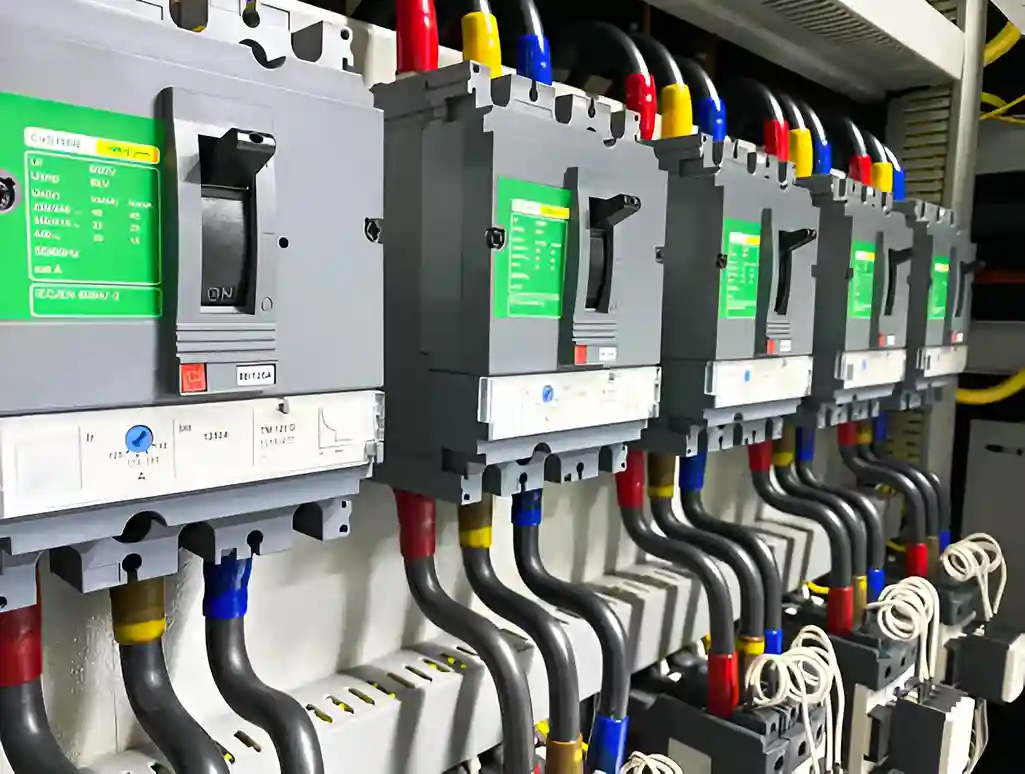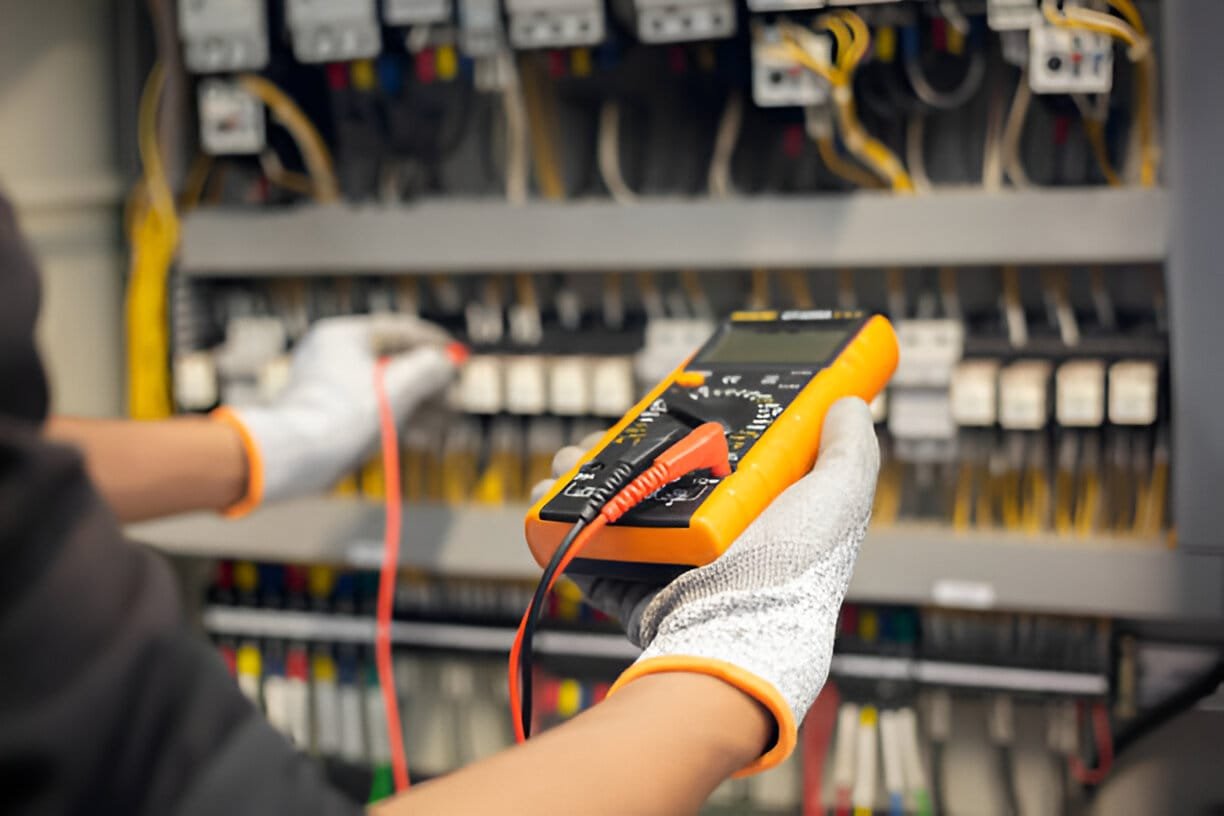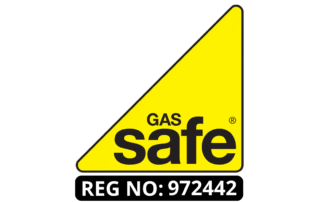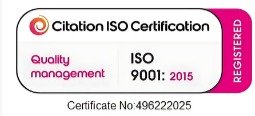
An Electrical Installation Certificate (EIC) provides an important assurance of safety and compliance for electrical setups within a property. Understanding its importance can be significant for homeowners. The consequences of having or not having an Electrical Installation Certificate can influence safety, legal standing, and property value. To fully understand the significance of this certificate, it is necessary to examine its requirements and benefits in more detail. What exactly does an Electrical Installation Certificate involve, and why is it essential?
Main Points
- An Electrical Installation Certificate confirms that your electrical installations meet safety standards, verifying their safety in your property.
- Electrical Installation Certificates are essential for property transactions, increasing value and supplying essential documentation for buyers and insurers.
- Only electricians who are registered with a competent person scheme and are qualified can issue guarantees, guaranteeing expertise and regulation compliance.
- Getting an Electrical Installation Certificate requires planning, installing, testing, and documenting to verify the safety and integrity of electrical work.
- Regular maintenance and evaluations conducted by licensed electricians help extend the life of installations and guarantee continuous safety and dependability.
What Is an EIC and Why Do You Need One?
An Electrical Installation Certificate is an essential document that confirms the safety and compliance of electrical systems. It is issued upon the completion of electrical work, verifying that the installation adheres to applicable safety standards and regulations.
The Electrical Installation Certificate acts as evidence that the electrical system has been inspected and tested, confirming its safe and efficient operation.
Having an Electrical Installation Certificate is essential for property owners, as it protects them from potential dangers related to faulty electrical installations. It also plays an essential role in insurance claims an may be required when selling or renting a property.
Furthermore, obtaining an Electrical Installation Certificate demonstrates a commitment to safety and regulatory compliance, which can enhance the reputation of contractors and electricians.
Ultimately, the Electrical Installation Certificate is a key component in ensuring that electrical systems operate as intended while minimising risks to occupants and property.
Understanding the Role of an Electrical Installation Certificate
The Electrical Installation Certificate is necessary for ensuring safety and compliance with regulations in electrical installations.
It functions as a formal document that confirms the work carried out complies with the relevant standards and regulations, mainly the IET Wiring Regulations.
This certificate supplies essential information regarding the installation, including details of the work carried out and any tests performed to verify its safety and functionality.
When Is an EIC Required in the UK?
Electrical Installation Certificates are required in various circumstances to verify compliance with safety standards. In the UK, an Electrical Installation Certificate is necessary when new electrical installations are completed, modifications are made to existing installations, or significant repairs are carried out. These certificates ensure the work complies with the standards outlined in the Wiring Regulations.
The following table outlines common scenarios requiring an Electrical Installation Certificate:
| Situation | EIC Requirement |
|---|---|
| New electrical installations | Required |
| Major alterations | Required |
| Rewiring of premises | Required |
| Installation of new circuits | Required |
Obtaining an Electrical Installation Certificate not only ensures safety but also provides documentation that may be required for property transactions or insurance purposes. Knowing when an Electrical Installation Certificate is needed helps property owners stay compliant and verify the safety of their electrical systems.
Legal and Regulatory Requirements for EICs
In the UK, certain legal and regulatory requirements govern the issuance of Electrical Installations to ensure safety and compliance.
These requirements ensure that electrical installations comply with established safety standards, safeguarding both property and individuals.
Important elements of these regulations include:
- Compliance with the IET Wiring standard Regulations: Electrical Installation Certificate must comply with the 18th Edition of the IET Wiring Regulations (BS 7671).
- Qualified Personnel: Only electricians who are registered with a competent person scheme are authorised to issue an Electrical Installation Certificate.
- Inspection and certification processes Testing: A thorough inspection and testing of the electrical installation must be carried out before issuing an Electrical Installation Certificate.
- Documentation: The Electrical Installation Certificate must be completed accurately and include all essential information, promoting transparency and accountability.
Following these legal and regulatory requirements is essential for guaranteeing that electrical installations are safe, dependable, and meet national standards.

Key Details You’ll Find on the Certificate
When reviewing an Electrical Installation Certificate, you will find key details that confirm the safety and compliance of the electrical system.
The certificate typically displays the property’s name and address, the installation date, and the details of the electrical contractor. It also includes a unique reference number for straightforward tracking and verification.
The Electrical Installation Certificate specifies the particular electrical installations included, such as circuits and equipment, while also clarifying any limitations or exclusions that may apply.
Additionally, it provides details about the testing and inspection results, confirming that the installation complies with the required standards. The certificate will also include the name and qualifications of the signer, ensuring accountability and transparency.
When You Need an EICR Instead of an EIC
When is it appropriate to choose an Electrical Installation Condition Report over an Electrical Installation Certificate?
An EICR is mainly used to assess the condition of an existing electrical installation, whereas an Electrical Installation Certificate is issued for new work.
There are particular situations when an EICR is required:
- Periodic Assessment: When a property needs regular inspections to ensure safety standards are maintained, it is usually every five years.
- Property Change: An EICR can confirm electrical safety when ownership changes or tenants move in.
- Existing Installations: For older properties where updates or refurbishments have been carried out, an EICR assesses the overall condition of the wiring.
- Compliance Requirements: An EICR is essential for landlords to show electrical safety compliance and fulfil legal requirements in rental properties.
In such cases, an EICR plays a main part in ensuring electrical safety and adherence to regulations.
Step-by-Step Process to Obtain an EIC
Obtaining an Electrical Installation Certificate involves a clear and structured process that guarantees compliance with electrical safety standards for new installations. The process typically includes planning, installation, testing, and certification.
| Step | Description | Responsible Party |
|---|---|---|
| 1. Planning | Develop an installation plan | Electrical Contractor |
| 2. Installation | Carry out the electrical work | Electricians |
| 3. Testing | Conduct tests to verify safety | Qualified Tester |
| 4. Documentation | Compile necessary records | Contractor |
| 5. Certification | Submit the EIC to the client | Qualified Professional |
By following these steps, all installations will adhere to the necessary standards. Property owners are advised to hire qualified professionals to check safety and ensure compliance.
What to Expect During the Inspection
During an inspection for an Electrical Installation Certificate, a qualified professional carefully assesses the installation to ensure it complies with safety standards and regulations. This process is thorough, ensuring that all aspects of the electrical system are examined.
Expect the following during the inspection:
- Visual Assessment: The inspector will visually examine the wiring, fixtures, and components for any visible indications of wear or damage.
- Testing: Various tests will be carried out to assess electrical continuity, insulation resistance, and overall circuit performance.
- Compliance Verification: The installation will be evaluated according to current electrical codes and regulations to confirm compliance.
- Documentation Review: All existing documentation, such as previous certificates and maintenance records, will be checked for completeness and accuracy.
This thorough approach ensures that property owners can trust the safety and dependability of their electrical installations.

The Benefits of Having an EIC
An Electrical Installation Certificate offers numerous benefits for property owners, enhancing both safety and peace of mind.
To begin with, it acts as an official record that the electrical work completed complies with current safety standards and regulations. This certification is fundamental for ensuring that the property is safe for occupants, thereby reducing the risk of electrical hazards such as shocks or fires.
Furthermore, an Electrical Installation Certificate can be a valuable asset during property transactions. Buyers often seek assurance that the electrical systems are reliable and compliant, making an Electrical Installation Certificate a necessary selling point.
Furthermore, possessing this certificate can make insurance claims for electrical failures easier, as it proves that the installation was carried out professionally.
Ultimately, an Electrical Installation Certificate advocates for proactive maintenance, urging property owners to regularly inspect and maintain their electrical systems.
The Importance of Hiring a Qualified Electrician
When it comes to electrical installations, employing a qualified electrician is essential for ensuring safety and compliance with regulations. A skilled professional has the necessary training and expertise to manage complex electrical systems, thereby lowering the risk of accidents and failures.
The importance of employing a skilled electrician can be summarised as follows:
- Safety Assurance: Qualified electricians adhere to safety standards, minimising hazards associated with electrical work.
- Regulatory Compliance: They understand local codes and regulations, making sure installations comply with legal standards.
- Quality Assurance: Skilled electricians provide high-quality craftsmanship, essential for the longevity and dependability of electrical systems.
- Preventive Maintenance: A qualified electrician can spot potential issues early, preventing expensive repairs for property owners.
Landlord safety certification provides the most reliable service with affordable pricing.
Frequently asked questions.
Conclusion
In conclusion, an Electrical Installation Certificate is integral for guaranteeing the safety and compliance of electrical work within a property. It not only confirms adherence to regulations but also offers valuable protection for homeowners against potential hazards. By assisting with insurance claims and increasing property value, an EIC plays a vital role in managing property. Engaging a qualified electrician for installations and inspections is essential, ensuring the integrity of electrical systems and peace of mind for owners.








